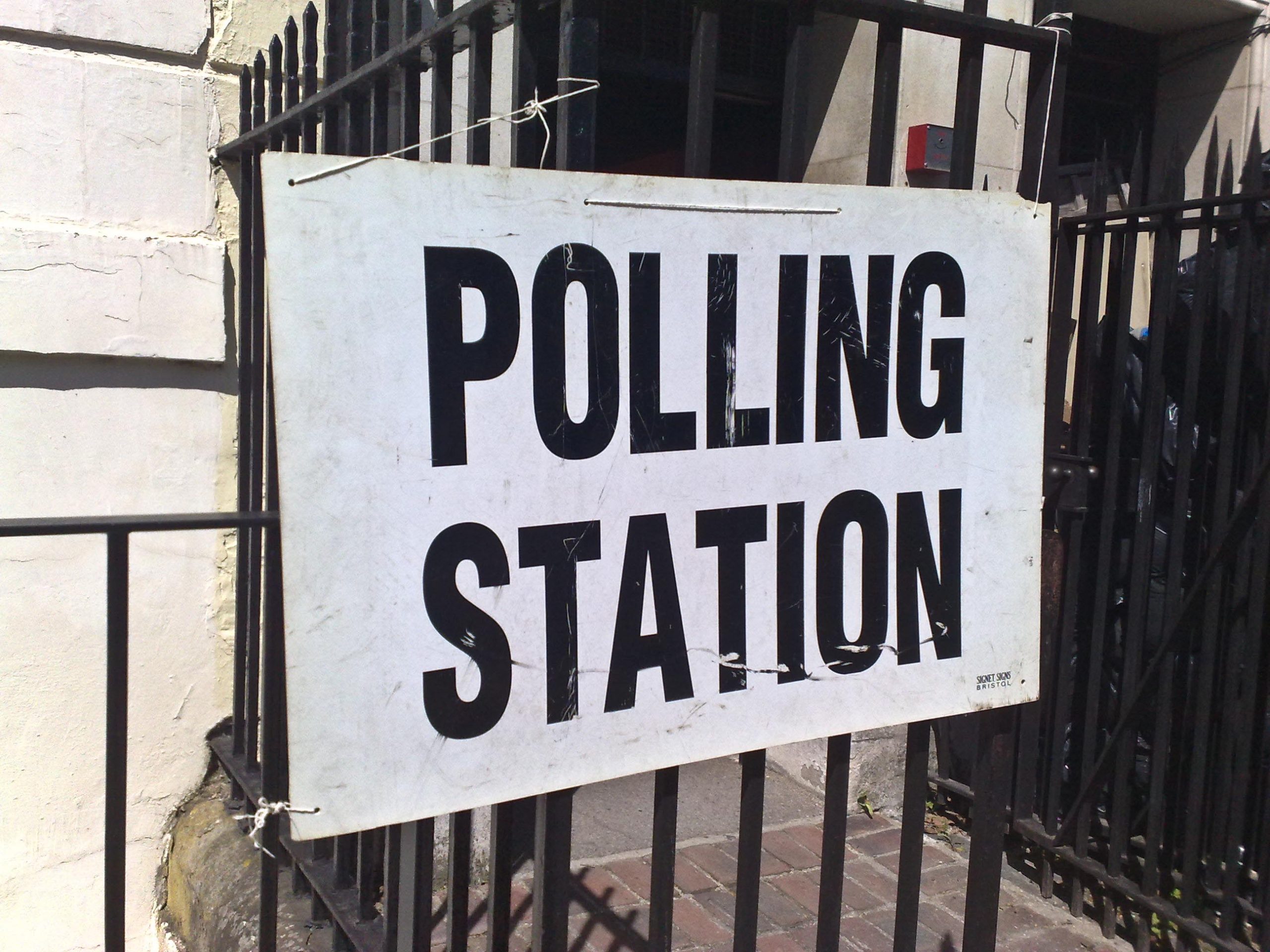International
-

Austria 2017: conflict mobilization in a reconstructing political landscape
On the 15th of October 2017, Austrian voters are called to…
-

Pro-UE and welfare, anti-immigrants: the German agenda towards the elections
Next Sunday German voters are called to the polls to elect…
-

Macron with a comfortable majority undermined by record low turnout
Emmanuel Macron’s presidential majority – consisting of his movement La République…
-

French parliamentary elections: Macron’s successful bet
La République en Marche (LREM), Emmanuel Macron’s newly formed political party…
-

The ‘sure bet’ by Theresa May ends up in a hung Parliament
The decision by Theresa May to call a snap election has…
-

Tories and Labour: mainstream parties riding on conflict
In our assessment of the current state of the British public debate based…
-

Towards a hung Parliament? The battleground of the 2017 UK general election
On the next 8th June, UK voters will be faced with…
-

The issue opportunity structure for UK parties: leftist economic agenda vs. British chauvinism
Building on the tools provided by issue yield theory (De Sio…
-

UK voters support leftist goals, but economic left-right is not the main dimension of competition
Beyond the study of the issues that are considered as a…
-

UK gives priority to problem solving, but leftist positions dominate economic issues
In view of the next general election in Britain, to be…